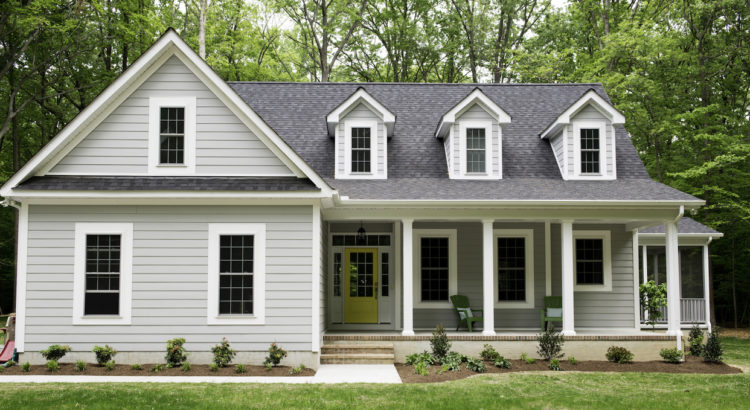Being homebound has led many homeowners and renters — especially those who are working from home — to the same conclusion: They want more space.
A new survey conducted buy real estate blog Commercial Café asked 4,384 individuals who have been working from home about their living situations, their professional setup at home, their must-haves for an in-house office and what (if any) plans they had for a work area within their living space going forward.
Among the findings, nearly 60% of respondents said they were planning to either rent a larger apartment or buy a home that could incorporate a home office.
According to Compass Agent Michael Shapot, it’s not just more space clients are looking for — it’s more of the right space.
“Smaller, more segregated spaces are in demand so everyone can have their own space to work, learn, relax or otherwise live with minimal disturbances,” he said in the report. “The popular open concept model conflicts with families that now have multiple people working from home, children attending school via Zoom, other family member who may want to want TV or use the phone, etc.”
The majority of the survey respondents — 65% — weren’t happy with their existing home offices, most of which were hastily setup when companies transitioned to work from home during the early stages of the pandemic. Now that many of those companies have extended their plans through the new year or indefinitely, a dedicated home office has become a priority.
However, only 36% of those surveyed said they had a dedicated space for work — nearly half of remote workers surveyed are currently working in makeshift offices in their kitchens, living rooms, dining rooms or elsewhere. Even after working from home for six months, 31% said they still don’t have a proper desk or chair.
Not all of the respondents said they wanted to move. Nearly 50% said they wanted better equipment to improve their existing space, while another 20% said they planned to convert an existing room or area in their home to a dedicated office space.
But not everyone has an extra bedroom to convert.
“We’ve seen an influx of first-time homebuyers and homeowners upgrading during the pandemic who are requesting sometimes two to three additional bedrooms if the homes do not already have multiple office spaces,” said Compass Agent Francie Malina in the report. “Families want ample room to work quietly away from their loved ones and are prepared to move and increase their budget for the peace of mind that isolated working areas provide. Having room to work away from other household activities helps to maintain a sense of normalcy during this unprecedented time.”
It also helps to maintain sanity — fewer than one-third of respondents reported living alone, which means the vast majority are working in the same house as their spouses, relatives and children. A dedicated home office allows working parents to conduct Zoom meetings and make uninterrupted phone calls while their kids are running around playing.
According to Berkshire Hathaway HomeServices Broker Michelle Goetzinger, dedicated kid space is also on the wish list for many buyers right now. “Homes with finished basements, an office and/or a play space for the kids is now top of mind,” she said, adding that home builders are addressing the preference by building sound-proof offices and bonus areas that can double as a play and study room.
While about 21% of those surveyed have only a temporary timeline of working from home, Tyler Forte, CEO and founder of Felix Homes based in New York City and Nashville, says work-from-home is here to stay.
“Nearly every buyer we have worked with recently has expressed interest in a home large enough to accommodate an office or study area,” he said in the report. “I think the trend of homes with enough room to accommodate an office will not disappear after the pandemic is over. As employers continue to accept more flexible working conditions, a home office may become a mandatory feature for any desirable home.”


